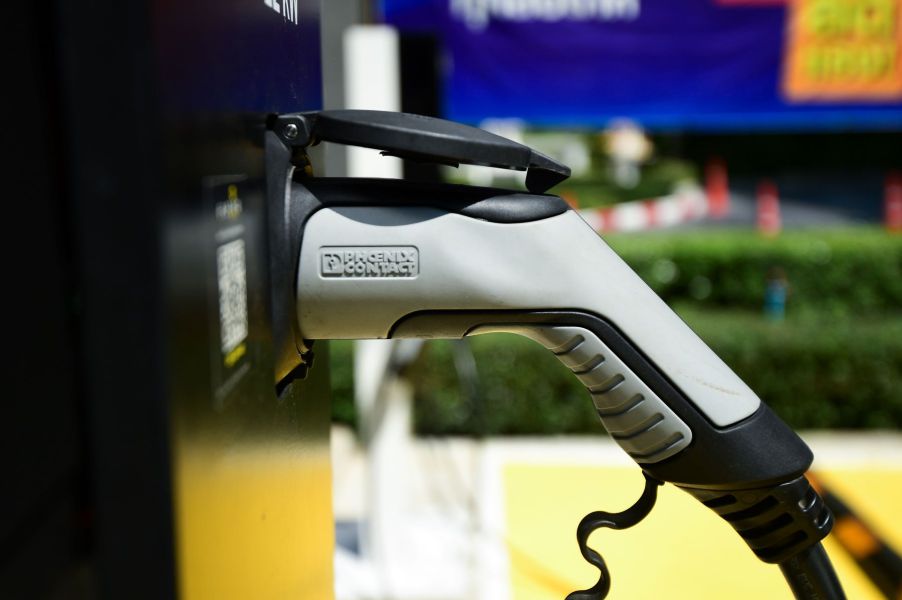
Buying Your First EV: 5 Things to Consider
The future is EV! With automakers worldwide putting more effort into phasing out gas-powered vehicles, EVs will soon be the norm. Many automakers plan to completely phase out gas-powered vehicles in favor of electric cars within the next 10 years. Other major car makers are making similar commitments.
There are countless reasons to switch to an EV, but buying an electric car is a big commitment. Be sure to do your homework before transitioning from gas to electric. Here are five things to consider when purchasing an electric vehicle.
1. Range
When it comes to EVs, range is the most important stat. Range describes how far an electric car can travel on a fully charged battery or a single charge. It’s essential to understand the range of an EV to determine if it meets your daily driving requirements. Most EVs now offer 200 or more miles of range, so most EV drivers will not experience range anxiety in their daily commutes.
2. Charging time
Another vital factor to consider when buying your first EV is the charging time, according to Erie Insurance. Depending on battery size and specifications, it may take at least 30 minutes to ‘top off a charge. A full charge can take 4 to 12 hours on an empty battery. However, you can easily meet your daily driving range requirements by charging overnight at home with Level 1 equipment.
3. Cost of electricity
Before dropping tens of thousands of dollars on a new shiny EV, you probably want to know how much it’ll set you back in terms of electricity costs. The exact amount will depend on lots of variables. You’ll need the model’s fuel efficiency (kWh/100 miles) and residential electricity cost per kWh to calculate how much it costs for a full charge.
It’s also important to consider the time of day when peak charges apply. In most cases, electricity costs are at their lowest late at night. Therefore, charging your EV overnight at home can help you save a few bucks.
4. Cost of ownership

Another factor to consider when buying your first EV is the cost of ownership. EVs don’t come cheap, but despite their high price tag, owning an electric car is significantly more affordable than a gas-powered one. For starters, EVs don’t have the same maintenance needs as their gas-powered counterparts.
Fuel cost is another issue. Even as fuel prices continue to fall, it might still cost you up to $100 to fill your gas tank from empty. Conversely, it costs as little as $10 to charge your electric car at a public charging station. Additionally, it will only get cheaper as charging stations become more widely available.
5. Whether to purchase a home charger or not
Do you need to purchase a home charger for your new electric car? The main reason for buying a home charger is insufficient charging infrastructure. Installing a home charger in your garage or overnight parking space ensures you start your day with a full charge.
While it’s easier and more convenient, you don’t necessarily have to install a charging unit for your new electric car at home. In some situations, EV owners could manage just on out-of-home charging. Some employers also offer shared charging, so you don’t have to rely solely on public charging stations.
As EVs become less expensive and widely available, more people are interested in buying them. However, buying an electric car is a big step. Whatever EV you choose, it needs to fit with your lifestyle. If you’re contemplating getting an EV for your next vehicle, be sure to consider not just the aesthetics but also factor in the range, charging time, and whether to purchase a home charger or not.


